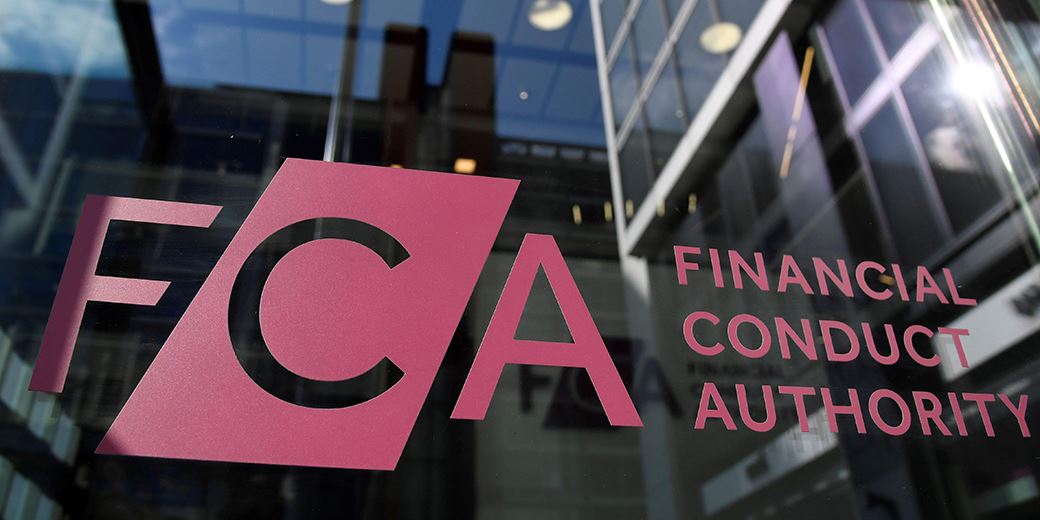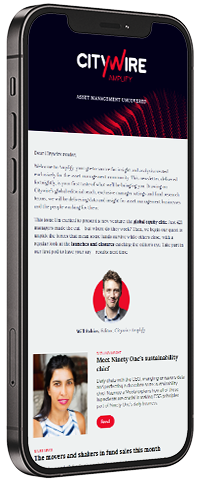There might be light at the end of the tunnel, but it ain’t here yet.
SDR, SFDR, OMG: We analyse what comes next in ESG land

Latest Newsletter
Value stance rewards managers with first AAA rating
The year comes to a close with a host of managers gaining their AAA wings.
Real Life: A cheaper, smarter way to fly business to the US
Companies are clamping down on travel costs. Here’s how to travel in comfort while keeping the expenses department happy.
Community
Asset managers may be tiring of ESG, but regulators in the UK and Europe are pressing on with new duties for fund manufacturers and distributors. In short:
- The EU’s SFDR is getting tougher.
- The UK is launching its own, even more detailed regime: SDR.
- Fund managers must get used to non-financial outcomes.
- Distributors are likely to become more demanding.
So far, EU asset managers have enjoyed a regime of voluntary disclosures from the bloc’s Sustainable Finance Disclosure Regulation (SFDR) and Taxonomy Regulation. In effect, fund groups have been able to self-certify. That’s about to change: groups will be compelled to conform to new disclosures (see timeline below).
In the UK, meanwhile, the regulator is about to bring forward the Sustainability Disclosure Requirements (SDR), expected to be tougher than the EU’s version.
This could mean that an Article 8 fund under the EU regulation could be placed under ‘responsible’ or ‘sustainable transitioning’ under UK rules. Such a fund would, in effect, be two or three steps away from the EU’s Article 9.

Article 8 and Article 9 have quickly become standard industry terminology, but the UK regulator may complicate that picture. Many current Article 8 funds would not make it past the UK rules to be classed as sustainable.
Many cross-border asset managers have done a great deal of work to ensure their European product range complies with SFDR. Those who sell into the EU and the UK will face decisions about which measures to adopt for which strategies, or whether they need more than one version of some strategies or funds.
Double materiality: risk reimagined
ESG is no longer just risk management, but outcome-based.
This is double materiality: how corporate information has implications both for a company’s value and its impact on the world, particularly concerning climate change and other environmental impacts.
Most fund managers stop at the financials when it comes to managing risk. But the insights gained from applying double materiality to portfolio stocks would, the argument goes, help them understand risk better.
And as asset managers report on outcomes, engagement will become a much more important issue.
Assessment by a third-party agency is an option, but it is not a guarantee of success. Methodologies can vary significantly, and there are many value-based opinions on sustainable investing. There is no system to standardise it all. Of course, firms can use multiple assessments to build an overall picture, but the ultimate decision should align with a set of house views and values.
These values must be aligned across the organisation, from the sustainability practitioners in the firm to the fund managers.
Client communications
A key aspect of these changes starts with the advisor or wealth manager.
As of last month, asset managers and advisors are expected to break down ESG terminology so clients understand it.
This is not about clients knowing what the letters E, S and G stand for. It’s about what the clients stand for. When the advisor asks them if they care about climate change, gender diversity, fair remuneration and tax evasion, and they say ‘yes’ to all of these then they are inadvertently expressing an interest in ESG.
The advisor will have to take this into account when building a client portfolio.
Some asset managers already feel distributors are using Article 8 to screen out funds or future-proof portfolios. This is likely to put rocket boosters on that process.
Questions and actions for asset managers
- Client comms: What’s your process for ensuring your strategies are adapted to meet end-client requirements on ESG? You must talk to major distributor clients about this. One potential challenge is multiple and varied preferences and requests from the end-clients being fed back to you by different distributors.
- Preparation: Are your portfolio managers geared up for the questions they will be asked? Not only will they have to justify holding certain stocks – to a much greater degree than previously – but they may have to adapt their stock-selection process if it currently takes them into areas now deemed unsuitable under the taxonomy.
- Process: Do you have strong enough internal processes in place to make sure portfolio managers are doing what your company’s headline messaging on ESG implies? Recent high-profile cases, such as that involving DWS, have made clear the business risk for firms deemed not to be observing stated principles to the letter.
- Planning: For cross-border firms, do you have a plan for adapting to the new UK regulations? If, as expected, they prove to be more stringent than SFDR, and you want to describe your funds as sustainable, you may have to place additional restrictions on how portfolio managers invest and what they can invest in.
Latest Newsletter
Amplify Issue 30: The fund groups topping the tree
We analyse which groups have had the biggest inflows and outflows in 2022, look at managers achieving their first AAA ratings, and hear from Rob Kyprianou on why regulation gets it back to front.
Amplify Issue 29: Red hot: 2022’s private market hiring spree
2022 has been a hot year for private markets, but are asset managers putting the brakes on their expansion efforts? Plus, we look at how the bear market has affected launches this year and look at how firms can better communicate their brand values.
Amplify Issue 28: Fill your ESG product gaps
We hear from fund buyers on what they’re looking for from an ESG fund, find out what Neuberger Berman is plotting in the alts world, and learn the winners of Citywire’s Gender Diversity Awards.
Community
